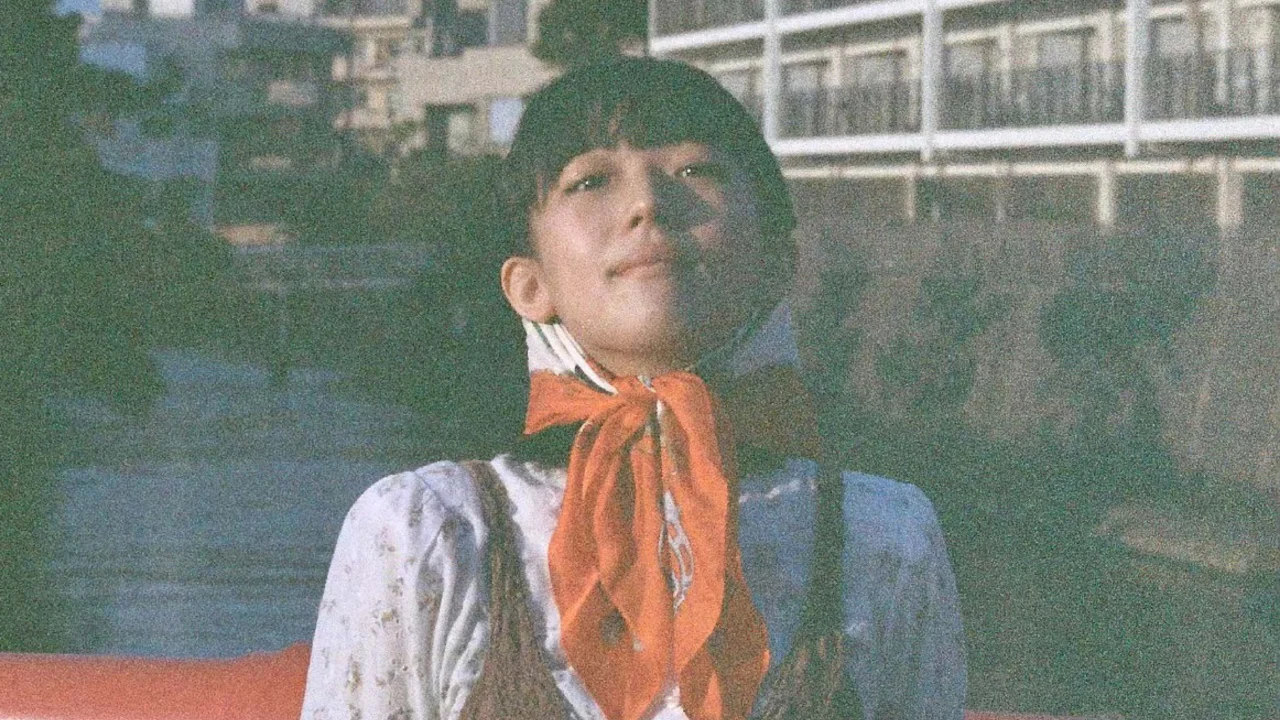INDEX
Navigating the “World-Encompassing” Realm
Despite the smooth appearance of “Perfect Days,” which is dominated by a well-made, tranquil, and elegant mood, the message presented in the film is quite bold, or rather, very orthodox (*). (*) As suggested by several scenes and lines, the film celebrates the existence of many metaphorical “ring worlds,” the brilliance and joy of living consciously within them, or conversely, the brilliance and joy of the moments when they blend together, and the way life is activated through such moments. In fact, some of the cinephiles are actually celebrating the joy of living consciously in the midst of it all.
In fact, it is a brave thing that the “message,” a concept that some cinephiles tend to strangely avoid, is being sent out in such an unabashed manner.

The “world-encompassing” is a concept proposed by German biologist Jacob von Uexküll in the early 1900s. He believed that each species does not live in a single, universal world that can be grasped objectively, but lives in a “world-encompassing,” a subjective world unique to each species through its perception. Recently, the Japanese philosopher Koichiro Kokubun drew attention to this “annular world” as an important concept in his best-selling book “The Ethics of Leisure and Boredom.
If we apply the concept of the “ring world” to this work in a more generalized and simplified manner, we can quietly understand that this work depicts the “lack of interaction” among the various people of society living in each ring world, and at the same time, the nature of life of those who sometimes “interact” because they are social beings in the end, regardless of how they posture themselves. However, no matter how the person is positioned, he or she is still a social being, and therefore, sometimes “crosses paths” with others. We cannot have a complete view of each ring world, but we can sometimes move, connect, and blur the intersections of these rings. This is often an unpleasant experience for us and, in Kokubun’s words, leads to a weariness with the “boredom” of life. However, I believe that this ambivalent state of human beings is also the deepest part of what makes us human or social beings. When one comes into contact with one’s own unchanging routine of daily life (“the circle world”) and the rupture-like events that come to it (“crossing the circle world”), one suddenly becomes aware of the presence of ooze that colors the way one comes and the way one will go.
























